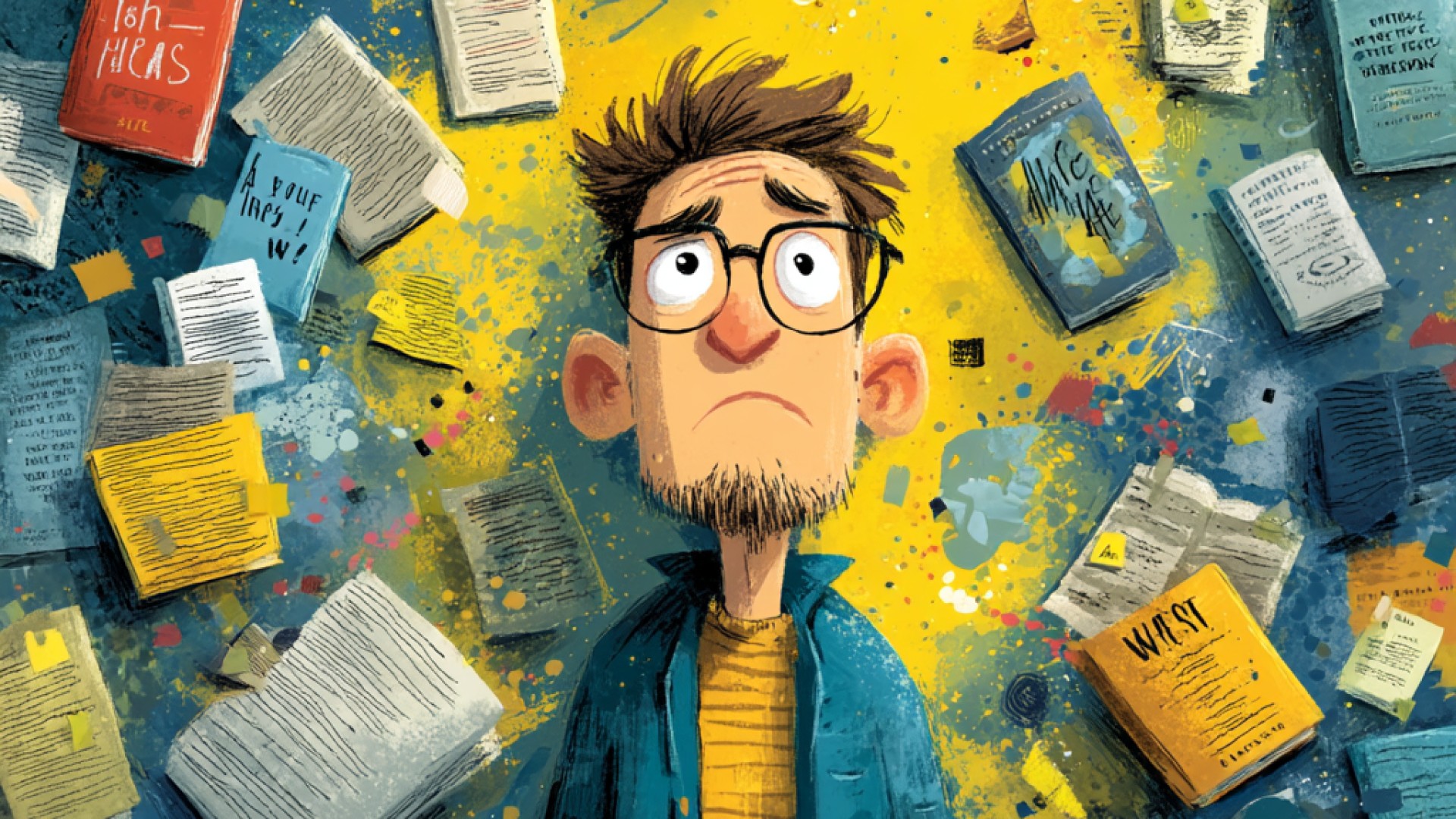Unconscious patterns that we can all exhibit and that can harm us

In our daily lives, we are often guided by our own habits, emotions, and behavior patterns. These patterns shape our interactions and decisions. Sometimes, without realizing it, we behave in ways that can harm ourselves or others. This is about the behavior patterns we unconsciously exhibit and how they affect us and our relationships.
Identifying these patterns is the first step to better understanding our behavior. Often, we are so trapped in our own thought patterns that we do not notice how our actions can influence others. By consciously engaging with these patterns, we can not only improve our own lives but also those of the people around us. It is easy to fall into the rut of daily life and forget how important healthy, honest communication is.
Emotional Distancing
Emotional distancing is a common pattern that many people unconsciously exhibit. They withdraw when they feel vulnerable or fear being rejected. This can lead to relationships suffering because others feel they cannot truly rely on or understand this person. To overcome this, it is necessary to reflect on oneself and confront one’s own fears. By learning to be emotionally open, we can build deeper and more meaningful relationships.

Excessive Perfectionism
Perfectionism can also be an unconscious behavior that many of us display. This constant search for the perfect outcome can not only put pressure on us but also impair our creativity and interpersonal relationships. People who are perfectionistic tend to set unrealistic standards, both for themselves and for others. This pressure can lead us to neglect our own needs and feel overwhelmed. Instead of constantly criticizing ourselves and others, we should allow ourselves to make mistakes and accept the beauty of imperfection.

Avoidance and Procrastination
Another significant pattern is avoidance, often marked by procrastination. Many people postpone tasks because they fear failure or do not want to take on responsibility. This tactic may provide short-term relief but usually leads to even more stress and guilt. To break this habit, it is helpful to set small, manageable goals and regularly engage with one’s own motivation. By facing the things we want to avoid, we can strengthen our self-confidence and regain a sense of control over our lives.

It is important to become aware that we all struggle with these behavior patterns in some form. The key lies in recognizing these patterns and actively working to change them. Let us not judge anyone but show understanding and empathy towards one another. By reflecting on our own patterns and supporting each other, we can create a healthier, more positive environment for ourselves and those around us.
In conclusion, recognizing and changing unconscious behavior patterns is a lifelong process. It requires courage and openness to reflect on ourselves and make changes if necessary. So let us embark on this journey together, not only to improve our own quality of life but also that of our fellow human beings. Focusing on our own behavior is the first step towards a more fulfilling and happier life. Each of us has the ability to change positively and influence the world around us. These are the small steps that can lead to great changes.


